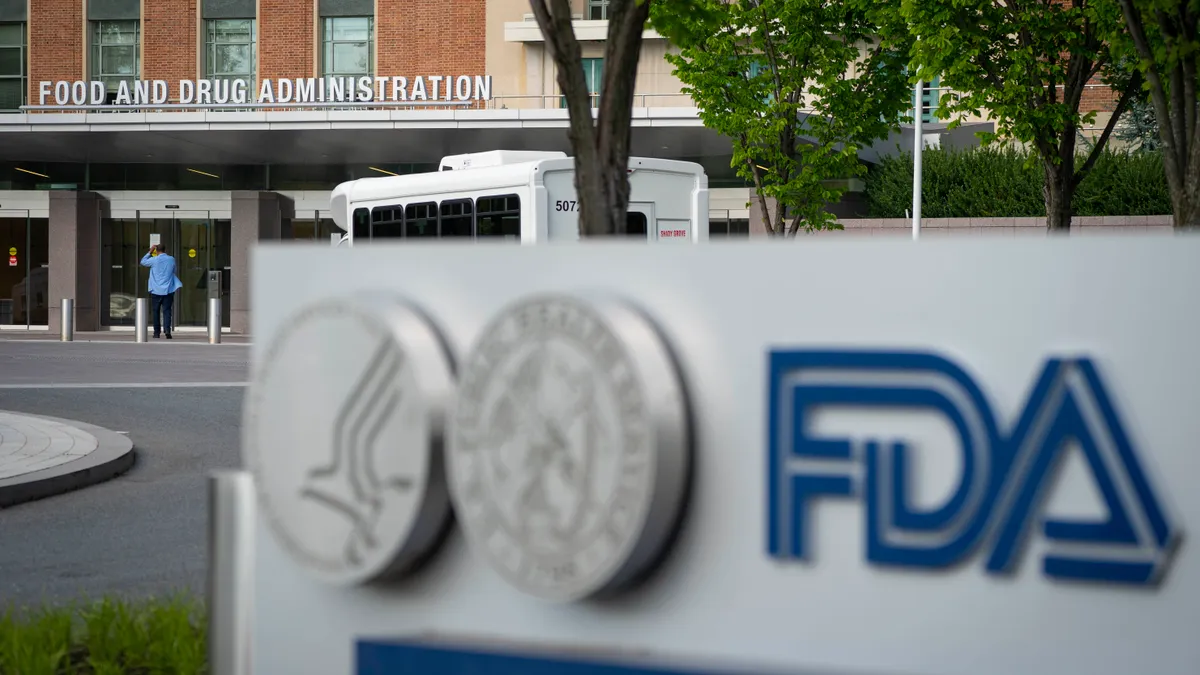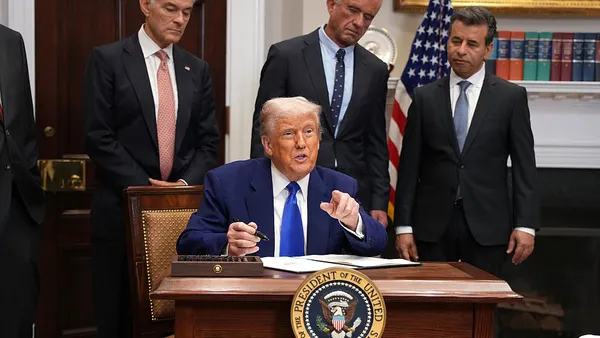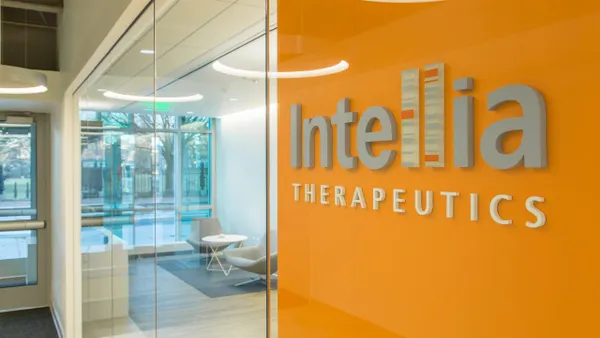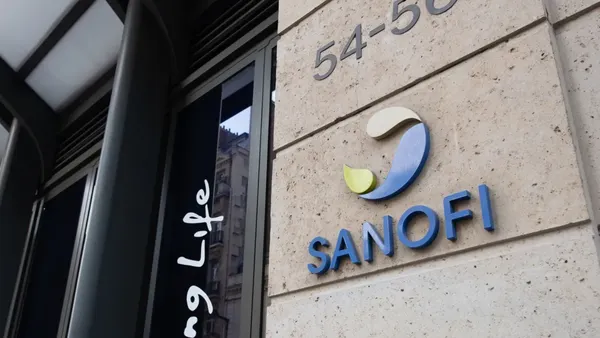The Food and Drug Administration on Tuesday approved a new treatment for a rare skin condition, teeing up a commercial battle between two cell and gene therapy developers.
The agency cleared Abeona Therapeutics’ Zevaskyn for a form of epidermolysis bullosa, a rare disease that makes the skin susceptible to extensive and severe blistering. On a conference call, CEO Vishwas Seshadri disclosed the therapy — a one-time treatment made from a person’s skin cells — will cost $3.1 million at list price, making it one of the world’s most expensive medicines.
Abeona will reimburse insurers an unspecified percentage of the Zevaskyn’s cost if a treated wound needs additional therapy within three years, he said.
There are several types of epidermolysis bullosa, or EB, an inherited condition that, according to some estimates, affects up to 50,000 people in the U.S. The most severe version is the recessive form of “dystrophic” disease, in which chronic blistering begins at birth or shortly afterwards and covers much of the skin, causing recurrent scarring, difficulty eating and other health problems.
EB is typically managed through supportive care. However, in 2023, a topical gene therapy from Krystal Biotech was approved for people with the dystrophic form of the disease. That product, Vyjuvek, is administered weekly through a topical gel instead of a long-lasting skin graft and costs an estimated $631,000 per year. It’s off to a strong sales start, making Krystal one of the few gene therapy developers to succeed commercially. Shares have more than doubled since Vyjuvek’s approval, giving Krystal a market value of nearly $5 billion.
Abeona is positioning Zevaskyn as an alternative option, referring to it in a statement as the only FDA-approved product to treat disease-related wounds with a “single application.”
The company is counting on the drug to help it break even financially next year. Zevaskyn’s approval also came with a special FDA voucher that Abeona can sell.
Yet investors have been skeptical of Abeona’s prospects because of the competition it faces from Krystal’s gene therapy. Its stock trades around $5 per share and fell 5% Tuesday morning following news of the approval.
Some Wall Street analysts are optimistic Abeona’s value will grow, though. In a report last year, analysts at the investment firm Stifel wrote Krystal and Abeona’s therapies may be “more complementary than competitive,” since Vyjuvek likely isn’t a “one-size-fits-all” treatment.
Earlier this month, Jefferies analysts estimated Zevaskyn could generate $460 million in yearly sales at its peak, noting the “clear unmet need” Vyjuvek “cannot fully address.” Krystal’s treatment is a “promising option for recurring small wounds,” while Abeona’s is “more relevant for large, chronic wounds,” they wrote.
Abeona’s Seshadri noted how the monthly retail cost of specialized wound care can reach $80,000, and the lifetime cost per patient for Vyjuvek can grow to “tens of millions of dollars.” Zevaskyn’s list price reflects its “holistic value” to patients, caregivers and the broader healthcare system, as it can treat small or large wounds with a single application, he said.
Abeona will launch the treatment in the third quarter and expects gradual growth in uptake, with 10 to 15 patients anticipated to be treated this year and an “acceleration” afterwards, Seshadri said.
The company hopes to sell that so-called priority review voucher, which expedites FDA drug reviews, in a “reasonable timeframe.” Abeona is prioritizing speed over price in selling it, as there is some uncertainty about the future of the FDA program governing these regulatory fast passes, Seshadri said.
The FDA previously rejected Abeona’s approval application last April due to questions over the drug’s manufacturing.













